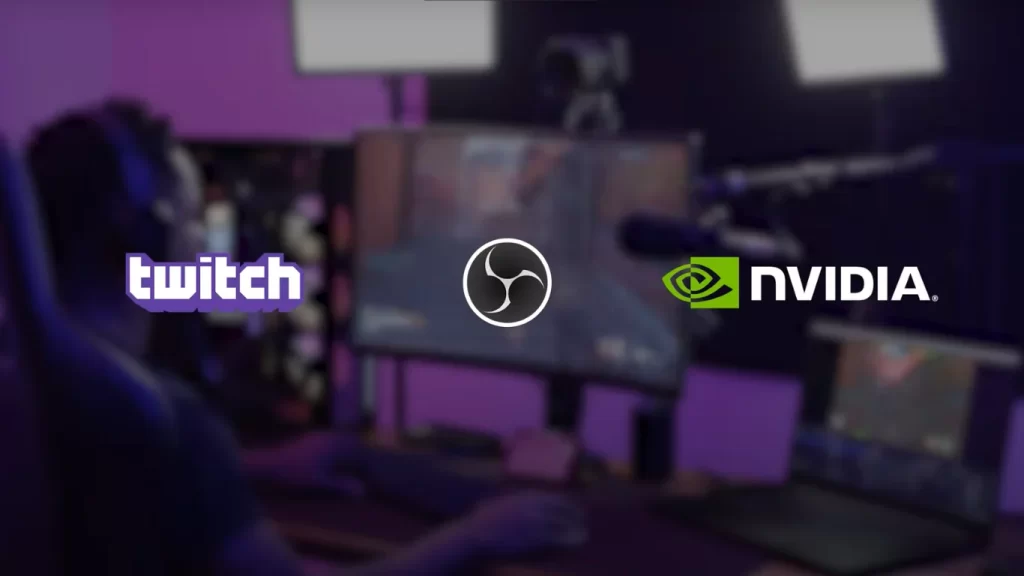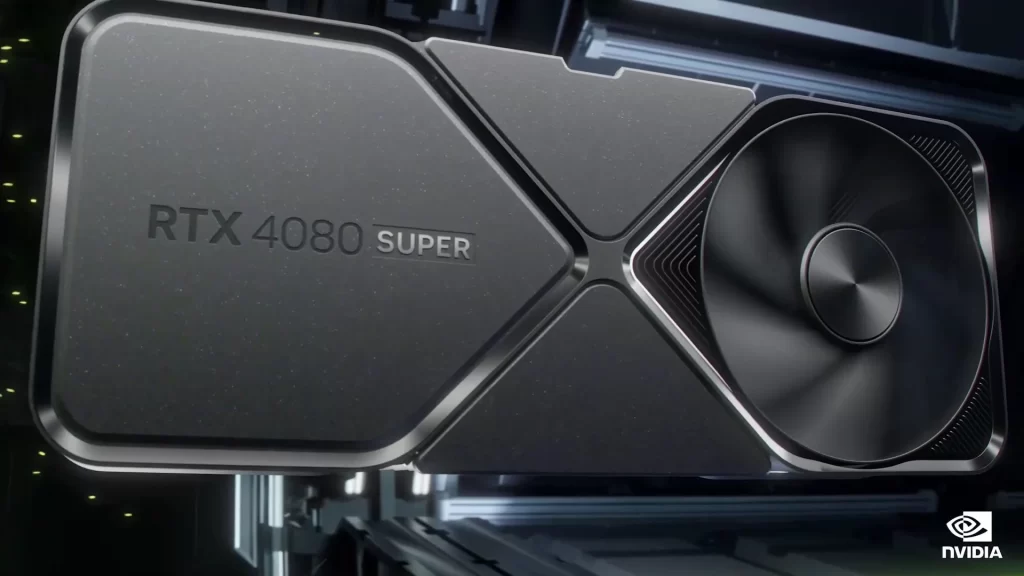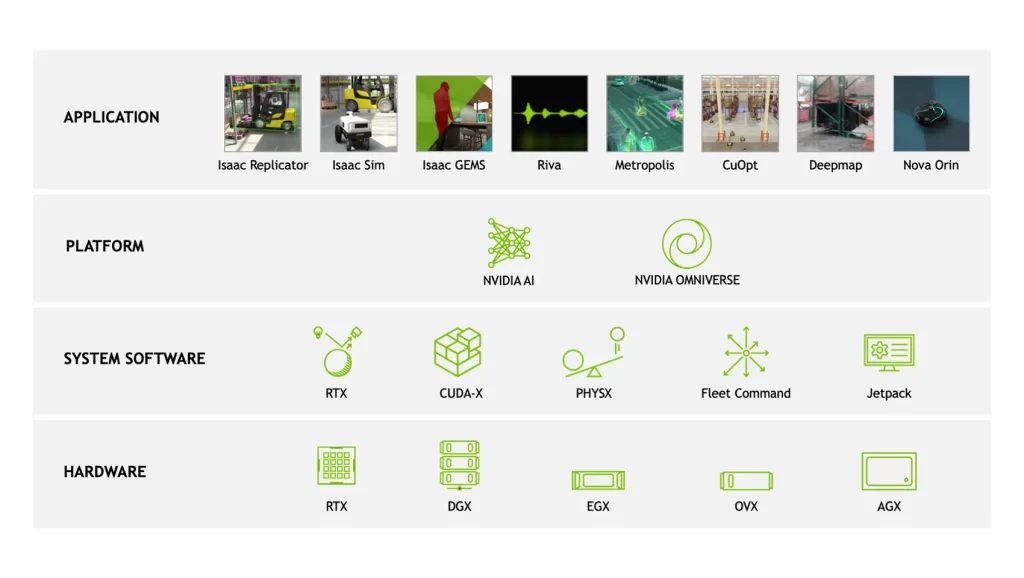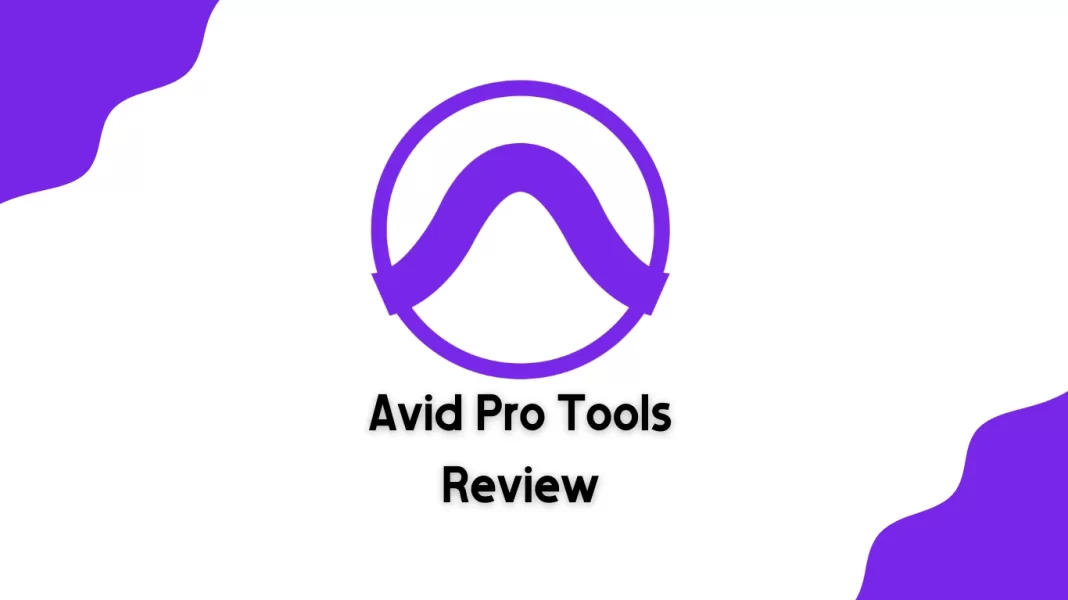Nvidia has recently announced their latest developments for the year 2024 at a technology event that takes place at the Las Vegas Convention Center in Winchester, Nevada, USA. This well-known event, called CES, happens every year in January and showcases the most recent consumer electronics products and technologies. A diverse group of people interested in the latest consumer electronics attend the event. The main goal of the presentations at CES is to educate attendees about the new products and technologies available in the market.
We’ll begin with GeForce RTX and then cover robotics.
Let’s get started!
Chat With RTX
Nvidia is currently at the forefront of the latest technological transformation – generative AI. In October, Nvidia released their TensorRT-LLM library for Windows, which accelerates large language models like Llama 2 and Mistol by up to 5 times on RTX PCs. With the new RTX playground, enthusiasts can connect an RTX accelerated LLM to documents or YouTube videos using Retrieval Augmented Generation (RAG) and chat away. Additionally, they are introducing TensorRT acceleration for Stable Diffusion XL and SDXL Turbo in the popular Automatic1111 app, providing up to a 60% boost in performance.
Nvidia Ace
Nvidia Ace is a technology platform that uses generative AI to create digital avatars. At CES, Nvidia is announcing Ace production microservices for audio-to-face and automatic speech recognition. These services are available now, and each model can be incorporated individually by developers into their pipelines.
Nvidia has collaborated with Convai, a developer platform that enables easy integration of AI-powered game characters. Convai platform features a set of tools and APIs that allow developers to create character personas and enable dynamic conversations. Leveraging the new Nvidia audio-to-face and Riva microservices, the latest features from Convai enable real-time character interactions, scene perception, and actions.
The impressive thing about this technology is that conversations with these avatars are different every time. We have seen in-game avatars that generate different conversations every time. However, it appears to be more like a voice-to-text program read in a ChatGPT output. With Convai’s latest framework, game characters can now interact with the scene by fetching objects and navigating the world, all based on your conversation.
RTX in Gaming
Nvidia has announced that they now offer over 500 RTX games and apps for their users. This includes Alan Wake 2, which won three awards at this year’s game awards, Horizon: Forbidden West, the critically acclaimed sequel to Horizon: Zero Dawn, which will be coming to PC early this year. The Burning Shores expansion will be accelerated by DLSS 3. Pax Dei will also launch early access on PCs with AI-accelerated DLSS 3 in Spring 2024.
In addition, Nvidia has stated that ray tracing is coming to Diablo 4 this March. Previously, Nvidia welcomed their first Activision Blizzard game, Call of Duty: Modern Warfare 3, day and date with its PC release in November. Nvidia has also mentioned that they will continue to release top titles from around the globe, such as Honkai Star Rail and Pax Dei. Diablo 4 and Overwatch 2 are also coming soon.
Furthermore, Nvidia has announced that day passes will be added to their membership options starting in February. Priority and Ultimate day passes will give gamers a full day of gaming with the fastest access to Nvidia’s servers.
Lastly, Nvidia also revealed that the RTX Remix app will be releasing an open beta on January 22nd. The community mod team Orbifold Studios is using RTX Remixes to reimagine one of the greatest games of all time Half-life 2.
iStock – New Generative AI Tool
We were all anticipating that AI would be a hot topic at this year’s CES, as well as in Nvidia’s presentation, and they certainly delivered.
iStock, by Getty Images, has launched a new general AI service that is based on Nvidia’s Picasso, their AI Foundry for visual design. This generative AI service is now available on io.com as of January 8th, with advanced editing features being released via API.
With iStock, you can start generating visuals by describing your scene in a text prompt. From there, you can select the generated image that most closely matches your vision, before adding people and objects to the image and indicating where they should be placed via a simple description.
iStock also allows you to modify specific elements within the image, such as clothing, and the AI will generate new options that fit the space. Once you’re done composing your scene, the AI will quickly expand your image for different mediums. It’s a unique and exciting way to explore design and creation with the new generative AI by iStock and Nvidia, allowing you to go beyond your imagination.
Streaming
Twitch, OBS, and Nvidia are collaborating to announce a new feature called Enhanced Broadcasting. This feature allows streamers to simultaneously transmit up to five streams to Twitch, each at a different resolution and quality, so that every viewer can enjoy the optimal experience. Twitch Enhanced Broadcasting will be supported on all RTX GPUs and beta signups will begin on January 8th. The feature is set to go live later this month.

New RTXs
Nvidia has recently announced the Super Series. The RTX 4080 Super is an advanced graphics card specifically designed for gamers. It can support fully ray-traced games at 4K resolution, and it is 1.4 times faster than the RTX 3080 Ti in the most graphically intensive games, without frame generation. With 836 AI tops, DLSS frame generation delivers an additional performance boost, making the 4080 Super twice as fast as a 3080 Ti.
For creators, the RTX 4080 Super offers faster video generation, with stable video diffusion 1.5 times faster, and images with stable defusion XL 1.7 times faster. The RTX 4080 Super has more cores and faster memory, giving it a performance edge over other graphics cards. The great news is that it will be available at a new price of $999 starting from January 31st.

Nvidia has made a few exciting announcements. Firstly, they have announced a new model called the RTX 4070 Ti Super. This model has more cores and an increased frame buffer of 16 GB, as well as a memory bust of 256 bits. It is 1.6 times faster than a 3070 Ti and 2.5 times faster with DLLS 3. The Ti Super will be available on January 24th for $799.
Secondly, Nvidia is introducing the RTX 4070 Super. This model has 20% more cores and is faster than the RTX 3090, but uses a fraction of the power. With DLSS 3, it is 1.5 times faster than the RTX 3090. The RTX 4070 Super will be available for $599 starting January 17th.
Lastly, Nvidia has announced a new wave of RTX laptops that will be launching from every major OEM. These laptops range from 14 inches as slim as 16 mm to the most powerful 18 inches. All RTX laptops are AI-ready for the best gaming and AI experiences.
Nvidia and Robotics
Nvidia is expanding the potential of generative AI into robotics with their platform for building AI-powered robots called Nvidia Isaac. To deploy AI, two computers are required. The AI Factory is where the simulation and training of the AI model takes place. It leverages Nvidia’s data center compute infrastructure and Nvidia AI and Nvidia Omniverse platforms to create the AI model.
On the second computer, which is the runtime of the robot, the computer can be an on-premise server. For example, it can perform defect inspection for a high-speed semiconductor manufacturing line, or it can be an autonomous machine processor such as an Nvidia Jetson, powering an AMR or industrial arm with multiple sensors, such as 4 to 8 cameras, multiple 2D Radars, 3D Radars, and IMU.

Thanks to LLMs (large language models) like Chat GPT, it is possible to create the desired scene from a text prompt in minutes, leveraging reasoning and code generation abilities. All the available assets can be utilized and placed in the scene in meaningful ways. Tasks that typically take a technical artist a day can be completed in minutes with Nvidia Omniverse and Isaac Sim.
LLMs and LVMs (large vision models) allow humans to interact with robots using natural language. A generative AI model trained with video text and other modalities is able to generalize well and achieve higher accuracy than multiple purpose-built, CNN-based computer vision models.
Our Final Take on Nvidia’s Announcements on CES 2024
We were fascinated by Nvidia’s recent presentation, which showcased their latest technological advancements and breakthroughs. We are eagerly anticipating the impact it will have on the company’s performance in the financial market this year. Furthermore, we are incredibly curious to observe how their competitors will respond to this development as AMD presented their own Ryzen 8000G, and Qualcomm presented their Snapdragon XR2+ on Janurary 9th.
We are interested to see if they will be able to keep up with Nvidia’s innovative strides. Although we may not have all the answers yet, we are confident that exciting developments and intense competition in the tech industry will mark this year.





